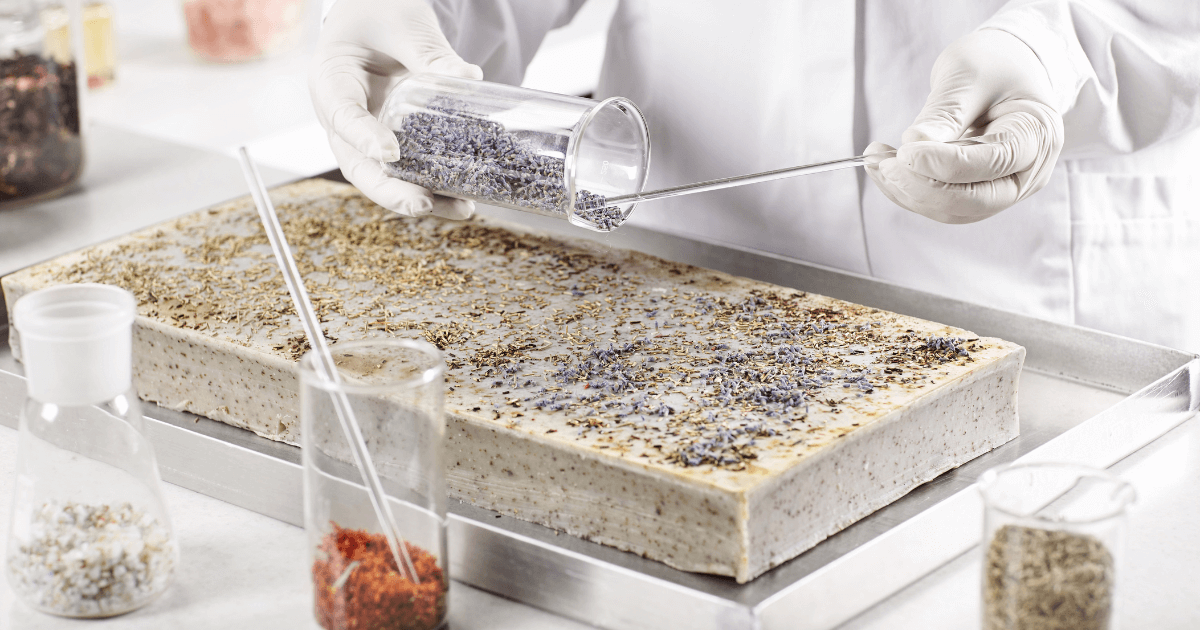The products from this technology ideally doesn’t qualify for being called Genetically Modified Organisms (GMOs) as the end products are produced using them instead of containing them.
As opposed to traditional Fermentation, this comparatively novel technology forms a part of Synthetic Biology. With principal applications in consumables such as Food ingredients, Proteins, Egg whites, Collagen, Animal fats etc., Precision Fermentation is evolving as a promising technology for meat lovers. The technology uses genetically engineered microorganisms to deliver plant-based alternatives of meat products thus serving the young consumers who mindfully prefer environment-friendly and sustainable consumables.
Although the technology has been in use in Research & Development for several decades now, the innovative part is its implementation in consumable production. That’s where the significance of key nucleic acid techniques for Genome Editing such as CRISPR based editing and cloning kicks in. The tiny creatures are genetically manipulated using genome based editing techniques, followed by their cultivation in Fermentation tanks. They then produce the consumables that are like animal products biologically such as edible proteins or fats. The final processing can also be integrated as a part of the process to make them sellable as food Ingredients or packed food items.
Lack of knowledge on the production method and lesser heed towards sustainable consumption limits its presence to market.
The products from this technology ideally doesn’t qualify for being called Genetically Modified Organisms (GMOs) as the end products are produced using them instead of containing them. But they can be considered vegan since the products are animal free. With the progressive scaling of the technology to a growing market, there still exists the opportunity of pushing for better transparency for consumers. Potential challenges that stand tall in front of this technology are marked by the environmental and individual impact of resultant products of the technology and most importantly the lack of regulation of such products before stepping into the market. Despite claiming itself an animal cruelty free product technology, there still exists a need for checkpoints for critically analysing any major impact that such microorganism biowaste may impart on human health. Which also necessitates the appropriate labeling of allergens on such products as similar to their animal counterparts. Also, it is crucial to identify and adapt suitable ways of dumping the waste that is produced at the end of the whole process which may significantly affect Environment on a large scale.
The journey of products derived through Precision Fermentation from Industry to household seems likely to be wavering, since people are often indecisive while choosing such products as consumables. Lack of knowledge on the production method and lesser heed towards sustainable consumption limits its presence to market. The imminent future does however, expect a surge in sales of such products as people get more mindful of what they eat and the impact of the same on the environment. Being favoured for having low carbon and water footprint, majority of basic products like Cheese and other Dairy products produced by Precision Fermentation have made their way to our daily household since almost a decade now but we still await the time wherein we could see every household with greener alternatives to consumables which currently possess substantial carbon footprint.
“Composed by: Aakriti Sharma is an aspiring Biotechnologist from Delhi, India. She is an avid reader and often love to pen down her thoughts on diverse notions. “

